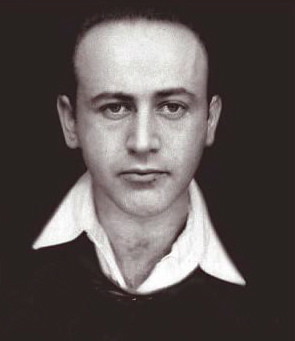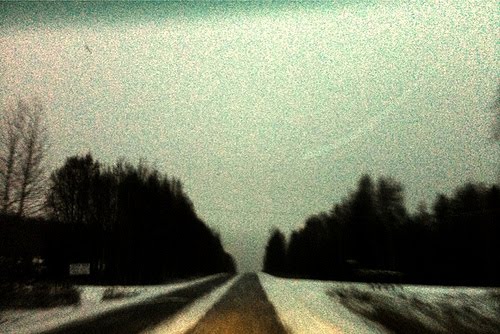Poetry is perhaps this: an Atemwende, a turning of our breath.
---
It is true, the poem, the poem today, shows--and this has only indirectly to do with the difficulties of vocabulary, the faster flow of syntax or a more awakened sense of ellipsis, none of which we should underrate--the poem clearly shows a strong tendency towards silence.
The poem holds its ground, if you will permit me yet another extreme formulation, the poem holds its ground on its own margin. In order to endure, it constantly calls and pulls itself back from an "already-no-more" into a "still here."
The "still-here" can only mean speaking. Not language as such, but responding and--not just verbally--"corresponding" to something.
In other words: language actualized, set free under the sign of a radical individuation which, however, remains as aware of the limits drawn by language as of the possibilities it opens.
The "still-here" of the poem can only be found in the work of poets who do not forget that they speak from an angle of reflection which is their own existence, their own physical nature.
This shows the poem yet more clearly as one person's language become shape and, essentially, a presence in the present.
The poem is lonely. It is lonely and en route. Its author stays with it.
Does this very fact not place the poem already here, at its inception, in the encounter, in the mystery of encounter?
---
The poem becomes--under what conditions--the poem of a person who still perceives, still turns towards phenomena, addressing and questioning them. The poem becomes conversation--often desperate conversation.
Only the space of this conversation can establish what is addressed, can gather it into a "you" around the naming and speaking I. But this "you," comes about by dint of being named and addressed, brings its otherness into the present. Even in the here and now of the poem--and the poem has only this one, unique, momentary present--even in this immediacy and nearness, the otherness gives voice to what is most its own: its time.
Whenever we speak with things in this way we also dwell on the question of their where-from and where-to, an "open" question "without resolution," a question which points towards open, empty, free spaces--we have ventured far out.
The poem also searches for this place.
---
Enlarge art?
No. On the contrary, take art with you into your innermost narrowness. And set yourself free.
---
Voices from the path through nettles:
Come to us on your hands.
Alone with your lamp,
Only your hand to read.
---
Is it on such paths that poems take us when we think of them? And are these paths only detours, detours from you to you? But they are, among how many others, the paths on which language becomes voice. They are encounters, paths from a voice to a listening You, natural paths, outlines for existence perhaps, for projecting ourselves into the search for ourselves . . . A kind of homecoming.
---
I find something as immaterial as language, yet earthly, terrestrial, in the shape of a circle which, via both poles, rejoins itself and on the way serenely crosses even the tropics: I find . . . a meridian.
(Speech on the occasion of receiving the Georg Büchner Prize, Darmstadt, October 22, 1960)






No comments:
Post a Comment